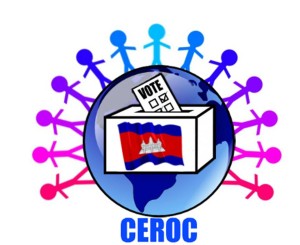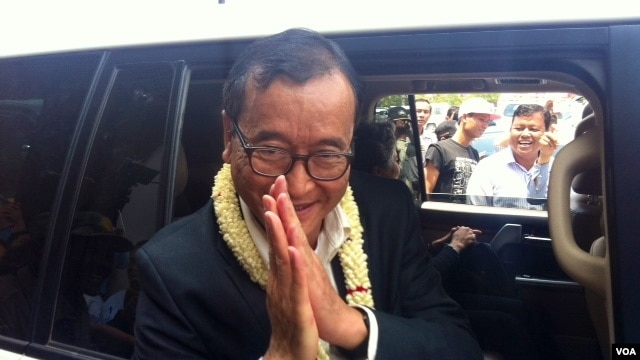In mid-February, as the ruling and opposition parties declared they would restart formal talks focusing on election reform in a bid to finally end months of political deadlock, observers predicted that little would be achieved.
It had been roughly six weeks since a violent crackdown on protesting opposition supporters and striking workers put a swift end to burgeoning anti-government protests and seemingly put the ruling party back in the driver’s seat.
“I appreciate that they will start [formal] negotiations, but, for me, they will be useless. This time, the CPP has great power and the CNRP has very little power at the negotiating table,” political analyst Kem Ley told the Post at the time.
On Monday, following the fourth meeting of a bipartisan election reform committee that was formed as a result of those talks, Ley’s comments appeared prescient.
Frustrated after weeks of flip-flopping from the Cambodian People’s Party on the opposition’s key demand of National Election Committee reform, the Cambodia National Rescue Party threw in the towel, halting lower-level talks and demanding a meeting between top party leaders.
“If the [CPP] understands that NEC reform is an important priority, wants to have a real, independent NEC and wants to actually solve problems rather than [simply] delay, [they] should respond to what the [CNRP] has requested,” deputy CNRP leader Kem Sokha said yesterday, warning that his party would lead more demonstrations if its demands are not met.






